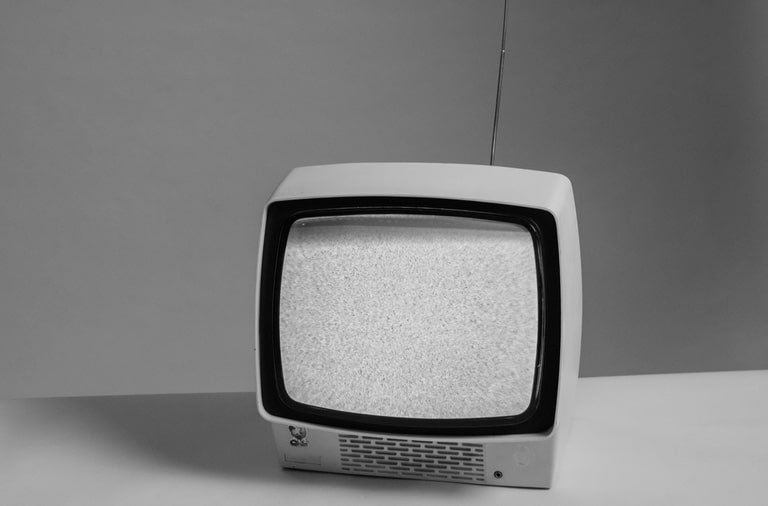It may seem like a trivial issue, but TV aerials can be an important feature in a rental property for some people. So what if something goes wrong? Who is responsible for installing and maintaining them – the landlord or tenant?
In general, if a TV aerial is provided when the tenant moves into the property at the start of their rental agreement, then the landlord would be responsible for fixing or replacing a damaged aerial. A tenant who instals their own TV aerial would be responsible for the maintenance of that aerial.
TV aerials are often overlooked during property viewings which can lead to unexpected problems for landlords and tenants alike.
Let’s face it, when tenants view potential rental properties, they will have many other factors to consider that are higher on the list of priorities, like the layout and condition of the property, the size of the rooms and other key features.
TV aerials are not usually something that prospective tenants think about until it is too late.
Landlords can assist the tenants by clearing stating in the tenancy agreement whether a TV aerial is installed in the property or not. When the tenant reads the agreement they will then have the opportunity to ask any questions they may have before signing.
Contents
Is It A Landlords Responsibility To Provide A TV Aerial?
No. Landlords are not obligated to provide a TV aerial in the same way as they are not obligated to provide a washing machine or a toaster. However, providing a TV aerial could attract more applicants and it is something that landlords should consider before advertising the property.
If a TV aerial is not provided by the landlord, then the tenant will be responsible for installing and maintaining their own aerial.
It is always best to speak to the landlord and discuss the options available before signing a contract and moving in.
Do Landlords Have To Provide A TV Reception Service?
Landlords are not required to provide a TV aerial, satellite dish or any form of digital TV reception service in their rental properties. Tenants who would like to receive a form of TV reception can either ask the landlord if they will provide one, or request permission to have one installed themselves.
If a tenant would like to request a type of TV reception service, it would be best to discuss this with the landlord prior to signing the tenancy agreement. This will avoid any disputes or confusion further down the line.
It is important to remember that TV aerials and satellite dishes are not always aesthetically pleasing, so it is best to come to an agreement on this matter before signing the tenancy agreement.
How Do You Know If A Property Has A TV Aerial Installed?
It is common for TV aerials to be clearly mounted on the roof or the side of the building. However, some properties have aerials fitted within the loft or attic. If you search these places and do not find a metallic aerial, it’s likely that the property doesn’t have one installed.
Alternatively, if you find a metallic aerial fitted to the property and it looks rusty, damaged or falling apart, it is likely that it will not work properly and will need to be fixed or replaced.

It’s also important to note, that if a property has a visible TV aerial installed which appears to be in good condition, there is no guarantee that the aerial will be fully working.
There is a possibility that the coax cable from the aerial to the TV points within the property are damaged or not connected properly. Just something to bear in mind!
Can A Landlord Refuse A Tenants Request To Install A TV Aerial?
If a tenant requests to install their own TV aerial in the property, the landlord has the right to refuse this request. The landlord may have specific reasons for refusing this type of installation, such as objections to having an additional piece of equipment on the exterior of the building.
In some cases, landlords may also refuse TV aerials in order to avoid responsibility for any future maintenance or any damage that it may cause.
If a tenant is unhappy with the landlord’s refusal, they can challenge this decision using their tenancy rights and consider contacting third party organisations for advice.
For tenants, the best course of action is to always discuss the provision of a TV aerial before signing a tenancy agreement and moving into a property.
Advice For Landlords Regarding TV Aerials
In my experience, the more features your rental property has, the more likely you are to beat the local competition in gaining occupancy and reducing void periods. Providing a working TV aerial or a Freesat Satellite Dish will give prospective tenants more choice.
Yes, they may still decide to pay for a cable service with Sky, Virgin or BT etc, which will render your aerial redundant. But some people prefer to purchase a type of digital box for a one-off fee, rather than commit to a lengthy cable TV contract.
If you do not provide the necessary equipment, you will be limiting their choices for entertainment to a certain degree.
Now you may be thinking, what if the aerial or freesat dish gets damaged, fails to work and needs replacing whilst there is a tenant in the property? Well, this could happen and the cost of the replacement will be your responsibility.
Not ideal, BUT, research the cost of purchasing and installing a TV aerial or freesat dish. You will find that it is a lot less expensive than finding a new tenant and having a void period of a week or more.

